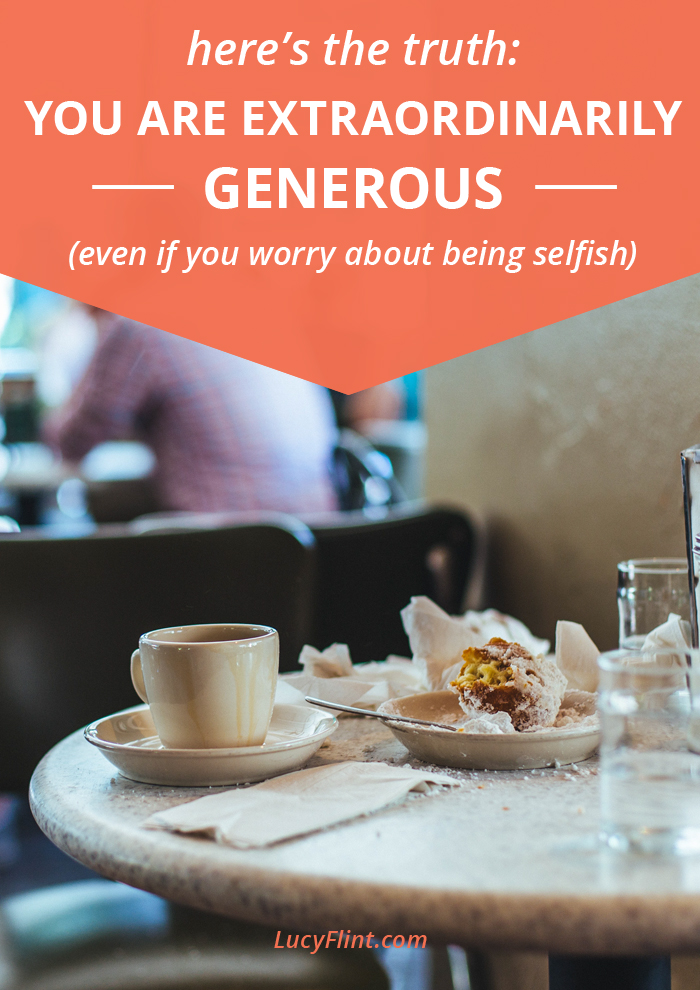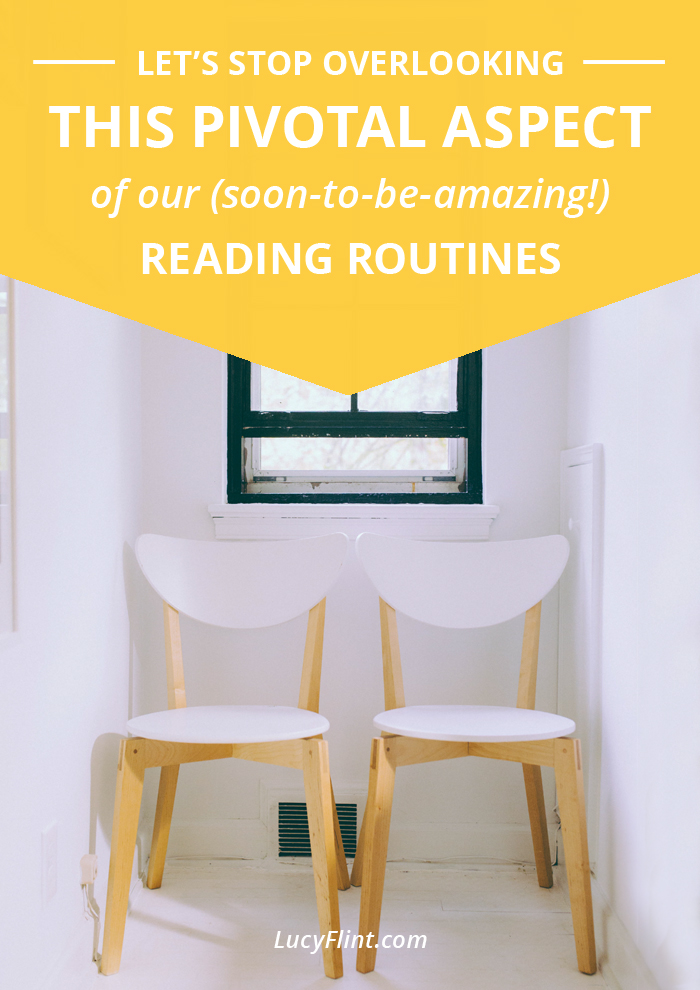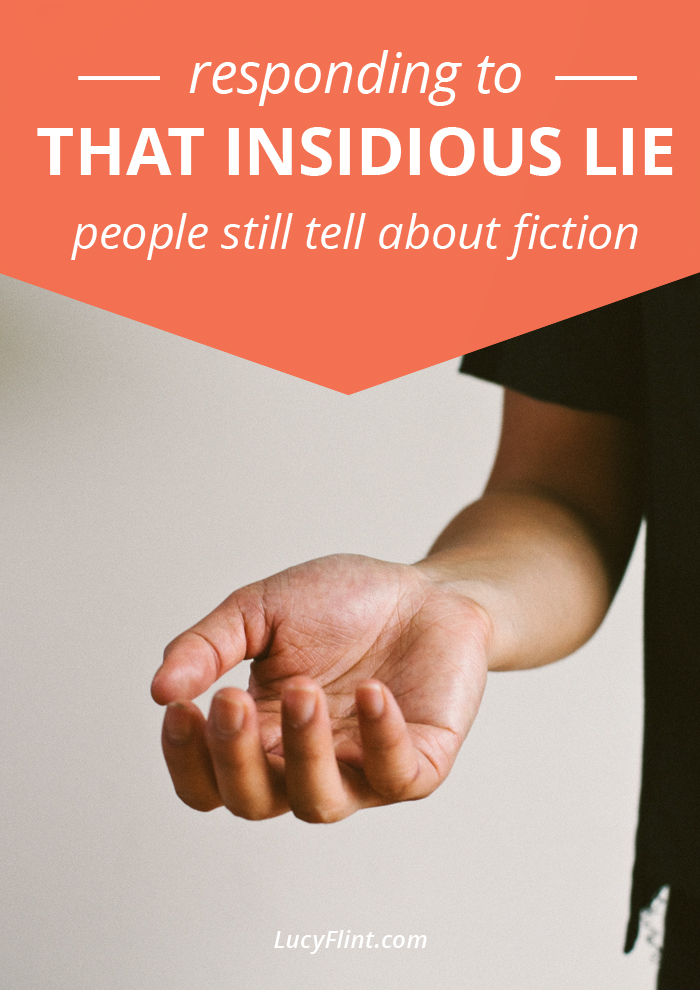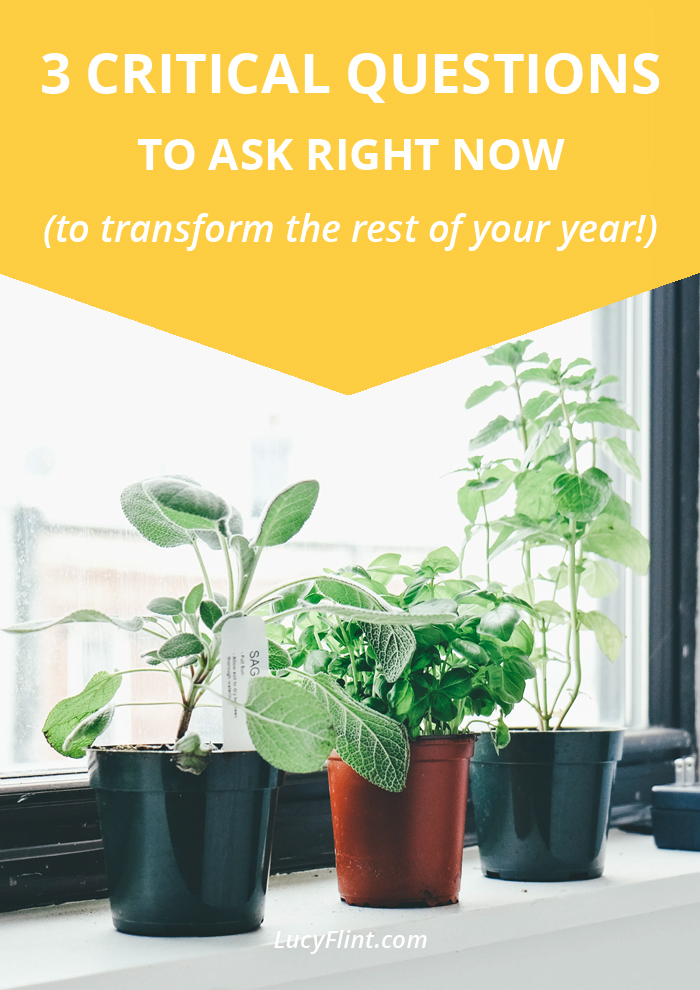Here's the Truth: You Are Extraordinarily Generous (Even If You Worry About Being Selfish)
/When life gets frantic, it's been SO EASY for me to relegate reading to a "to do" item on my work checklist.
And when, inevitably, it falls off the list, it's so easy to just feel guilty and crabby about it.
Until all I associate with "reading novels" is guilt and frustration.
Yikes. Not a great situation for a fiction writer!
This month, in contrast, has been a sweet reminder of all the ways novels have been a joy in my life. How they've soothed and healed and delighted me.
And I'm so excited for these new strategies I have in place: I'm going to make my reading nook the most swoony place ever! I can't wait!
And reading in the morning still feels so rebellious to me, but I'm loving it anyway!
Oh, reading. It's so good to love you again. I feel like I've come back home.
I'm still thinking through that question of permission, though. Because, can I just say, this has been a very extreme summer for me.
I've been spending a ton of time away from work over the last three months, to help out family members during an incredibly hard time. It's been worth it, for sure, but it has taken a lot out of me and my work.
(The month of August is going to be a month of rebuilding my writing practice: I can tell ya that right now!)
Forcing myself to take the time to read this past month: well, it's been lovely.
But it's also made me think about a key tension that's come up in my writing life, again and again.
No matter what the circumstances, I frequently trip over this:
Sometimes, the time that I need to spend alone, so that I can grow as an artist, so I can work and dream and plan and read—
Well, it can feel a little selfish.
Of course, I know that "it's my work." In my brain, I can argue and reason enough to remember that it's important.
But sometimes it feels like I'm just "lookin' out for myself."
Selfish.
Does this ring a bell for anyone else?
Especially if you live with other people. Or if you have friends. Or if anyone that you care about could possibly "need" you, or would appreciate your help.
With anything. At all. Ever.
And you get that phone call, or text, or that request.
And when that comes up during my writing time, or when it involves the time I planned to spend writing (or reading, or painting, or doing any kind of creative support work)—I have a real internal struggle on my hands.
If I choose to protect my time, and say no, I usually have to claw my way through a miserable storm of guilt. And I'm so exhausted by the time I get to my work (or so resentful), that it's almost easier to not work.
If I say yes, then I feel like I'm a superhero. But I also feel resentful and like I'm apparently the type of superhero who doesn't get to write fiction.
Which makes me sad.
... Does any of this sound familiar? Anyone with me on this?
I know what I'm supposed to do, usually. I know I need to choose the work more often than not. But sometimes, it just doesn't feel that simple, with layers and layers of What Other People Need.
Okay.
But.
Last week I caught Coldplay's concert in St. Louis. And it was so much fun. Confetti and lights and huge balloons and the band's infectious enthusiasm.
And so many times during that night, I thought: This feels like a gift. This concert feels like generosity.
Obviously our tickets cost money. Of course it wasn't a free gift.
But still. Something about the openness of the band, their cheerfulness and their message and their songs and their whole attitude—the joy and humor and sheer spectacle of it all.
I don't know how else to say it. It felt generous.
It felt like we, as the audience, were given the gift of that night, that experience.
And for me, it was such a vivid picture of how creativity—in the words, the music, the art of the performance—is generosity to the people who get to witness it.
In other words: working on your creativity is not a selfish act.
I'm gonna say that again for everyone who needs it as much as I do:
Working on your creativity, whether that means writing or dreaming or reading or doing any other kind of support, is not a selfish act.
It is a service.
As I watched Chris Martin zooming around the stage, part of me was dancing and singing, but the rest of me was trying to get a grip on this idea.
The generosity of working on creativity.
I kept thinking about all the time that they've put into this.
The hours and hours and hours of honing their musical skills. And the time writing the lyrics. (Those amazing metaphors and phrases don't just happen, as we all know!)
Then the creation work: creating songs, refining songs, throwing out the crappy ones, rewriting, remixing...
All of the effort that went into creating this music and this concert: I don't know how it felt to the members of the band.
How many times they had to say "no" to other things to make it happen. What sacrifices they repeatedly make, so that they can be who they are.
I have no idea what it all adds up to.
But I bet it's a lot.
And the end result feels like total generosity. A connection with their audience. A festival, a spectacle. An uplifting and joyous night.
Sharing creativity is generosity.
Oh, lionhearts. Can we get a sense of that, down deep in our writerly hearts?
The books we write, the tales we tell, the stories we share: it's about generosity. It's about giving gifts to our readers.
Sure, we'll be paid, and that's absolutely as it should be.
But in the quality of the work, the liveliness of the story, the beauty or the humor or the delight of the words: that's generous.
So let's just take a moment and apply that word, generosity, to everything that goes into making those stories.
All the time it takes to do that work. The dreaming, the doodling, the wondering. The plotting and outlining and structuring.
The throwing everything out and starting over. Multiple times.
Rebuilding chapters. Writing, rewriting. Re-re-re-rewriting. Revising and editing. Producing. Publishing.
ALL that time. All that effort.
This is the stuff we have to guard and protect.
This is what's behind the times when we say no to people we care about. The stuff we turn down. The sacrifices we make.
You're not being selfish, by protecting the time it takes to write well.
Which means that, it isn't selfish to say "I'm working" and then go read a story about a talking rat for two hours.
Okay?
We are working to build gifts for other people.
Gifts that don't get written if we don't make the hard calls.
If we don't do what it takes to write them. To dream them up. To capture the nuances . To really sit with the ideas we have, and take the time to sculpt them, drive them deeper.
To make stories that readers will dream about.
To write chapters that will be read in tense waiting rooms or in the midst of a heart-breaking season.
To write what will make people laugh. Or what will help them release tears that need to be shed.
To write what will connect strangers in the midst of pain. To write words that give other people a way to talk about their own experiences.
IT ISN'T SELFISH.
It is amazing, sacrificial, beautiful generosity to make the hard calls, and to protect what you need to protect, in order to be a storyteller.
Whew.
So ... I basically need to get that tattooed on my arms or something.
How about you? What's the hardest thing for you to say no to?
When does it seem selfish to protect writing and creativity?
(And if it doesn't, then for the love of pete, please help the rest of us out and tell us more about your mindset!!)
Reading Report: Well, I'm thoroughly enjoying Bellfield Hall. I just loooooove mysteries. AND, our weather here has been a bit gloomy and overcast. I mean—how perfect can you get? Tea & a cozy blanket, anyone??














